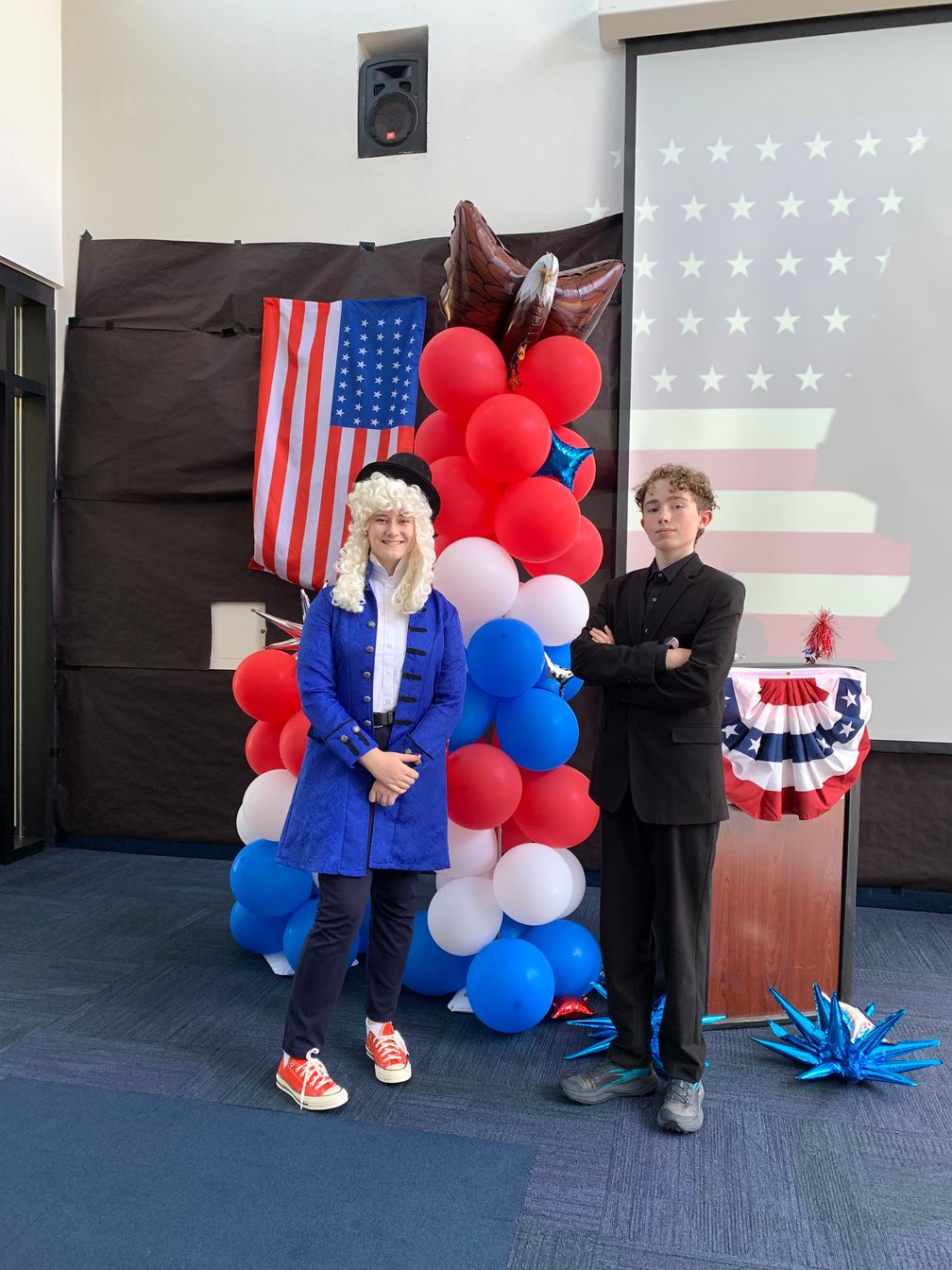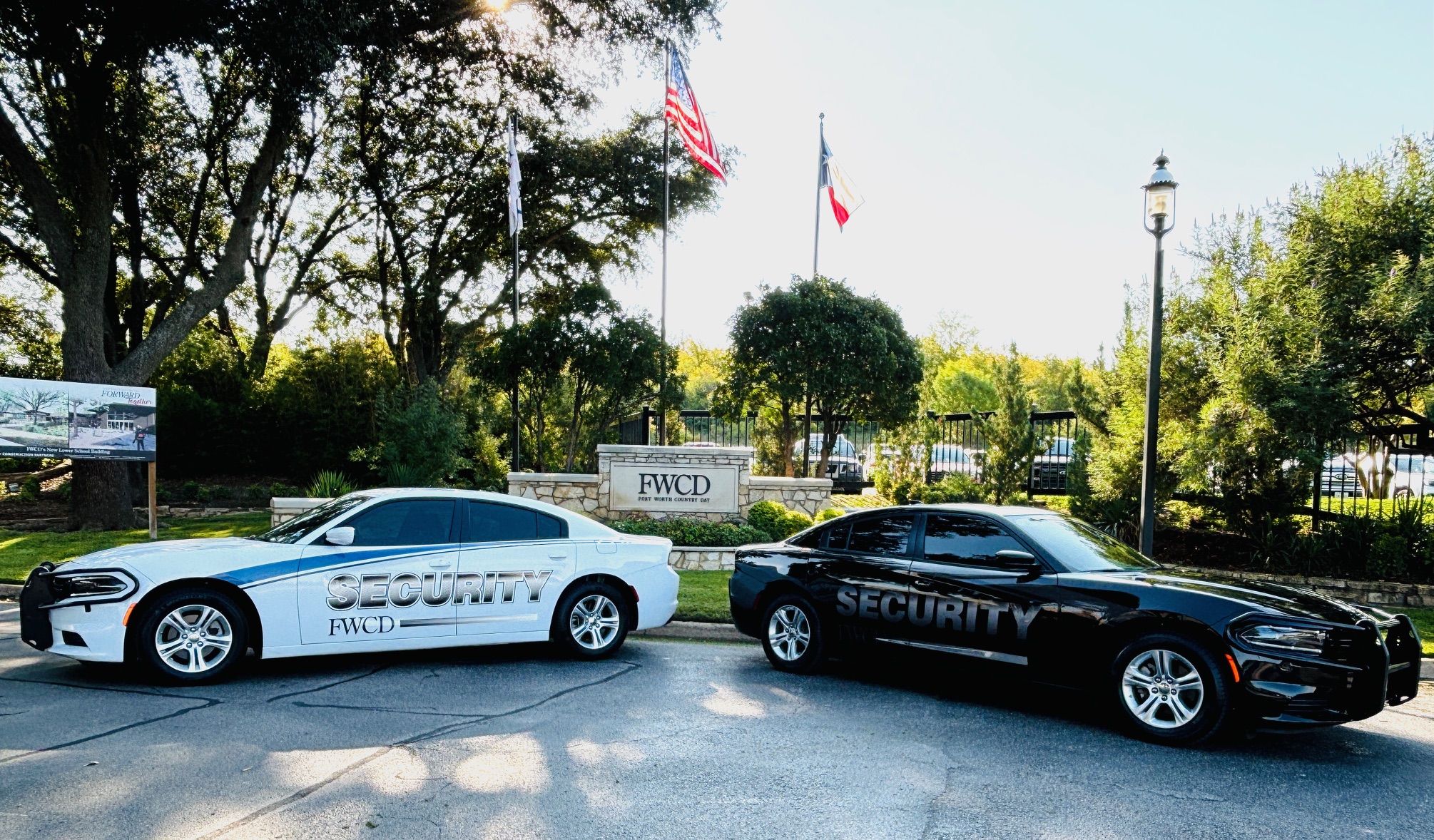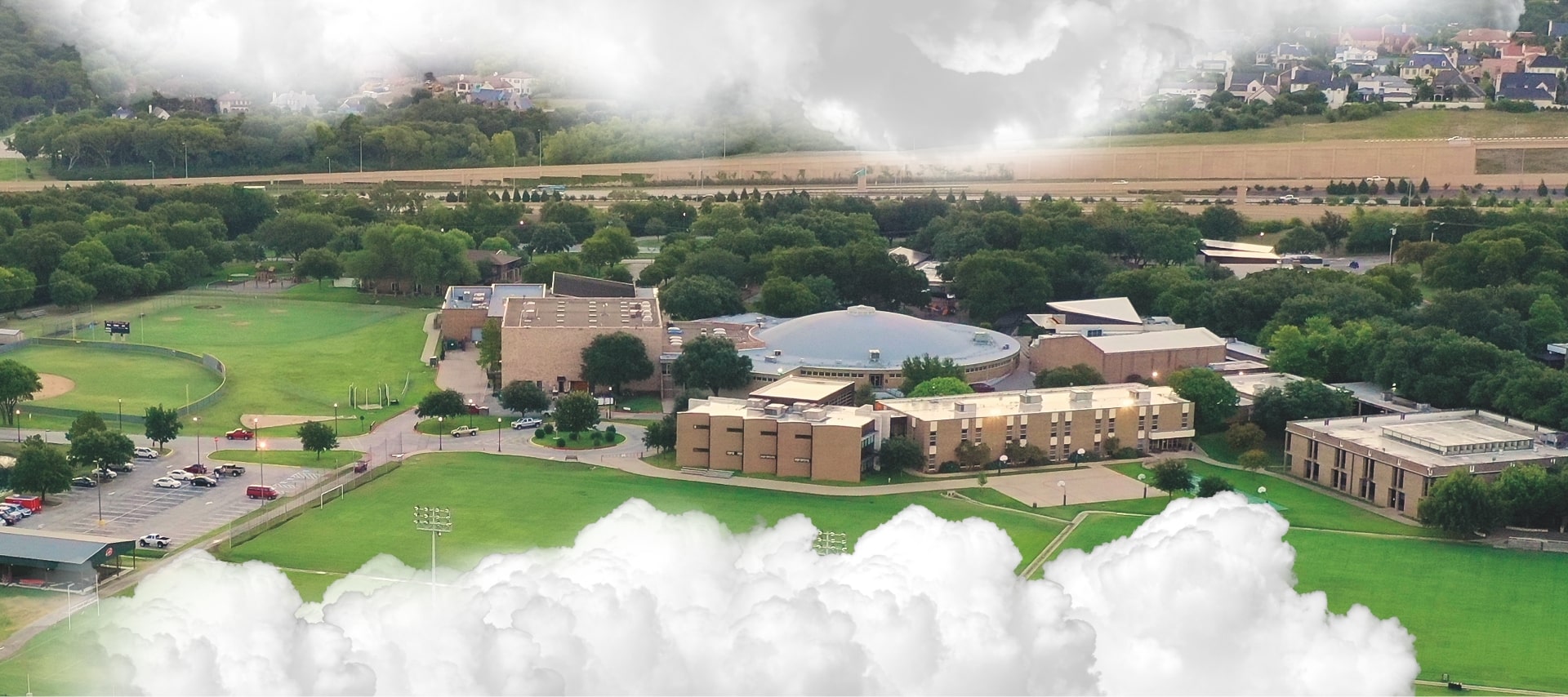Seen Read Heard: April 2025

My latest reads in March and April include “How the Ivy League Broke America,” The Atlantic, by David Brooks, James by Percival Everett, and Brothers Karamazov by Fyodor Dostoevsky (Michael R. Katz, translator).
“How the Ivy League Broke America,” The Atlantic, by David Brooks
NYT. (@ March 28, 2025)
I read most everything Brooks writes: books, Op-Eds and Atlantic articles. This article is fascinating for its revisiting of the introduction of the SAT into the college admission process and the impact of that test on colleges and on society. Brooks’ argument that the test “broke America” is worth following.
James by Percival Everett
I have not read Twain’s Adventures of Huckleberry Finn since I was in high school. Even with my faulty memory, I did not need to go back and reread that classic to find James, a rethinking of Finn, provocative. Percival takes the perspective of Huck’s companion, the enslaved Jim, in telling a backstory to The Adventures and suggesting an intriguing prospect: that the enslaved man was fully literate, an accomplished writer, and a very intentional deceiver of Huck and many other people with whom they had contact.
Brothers Karamazov by Fyodor Dostoevsky (recorded version: Constance Garnett translator; printed version, Michael R. Katz, translator)
I do not have anything to add to the bountiful literary criticism of Brothers Karamazov. It is wonderfully rich in addressing many of life’s most challenging questions, questions humans battled in the 19th century in which it was written and set, and questions we still battle in 2025. For some of the best insights on the novel, I would recommend talking to the students who have been sharing their thoughts about the book as a part of Daniel Lancaster’s White Whale Reading Club in the Upper School.
My addition to the thinking might be about the importance of a translation. I had both an Audible recording of an older translation by Constance Garnett and a hard copy of the most recent translation by Michael R. Katz. At one point, I played the recording of Garnett’s translation while reading along in the Katz translation. The differences were striking: Katz’s version felt much more accessible, much less stilted. I have no idea how “accurate” or “faithful” the translation was to the original Russian version, but I do know and understand the challenging issues four brothers and their father faced, issues of a death and a trial, of God and different takes on Christianity, of men and women, of wealth and poverty. I learned in a college Spanish course on translating texts that the constant battle is being true to the author’s intent in the original language. I read that Katz’s edition is highly sought-after. I hope I didn't lose anything in that translation. Even if I did, it was a great read.




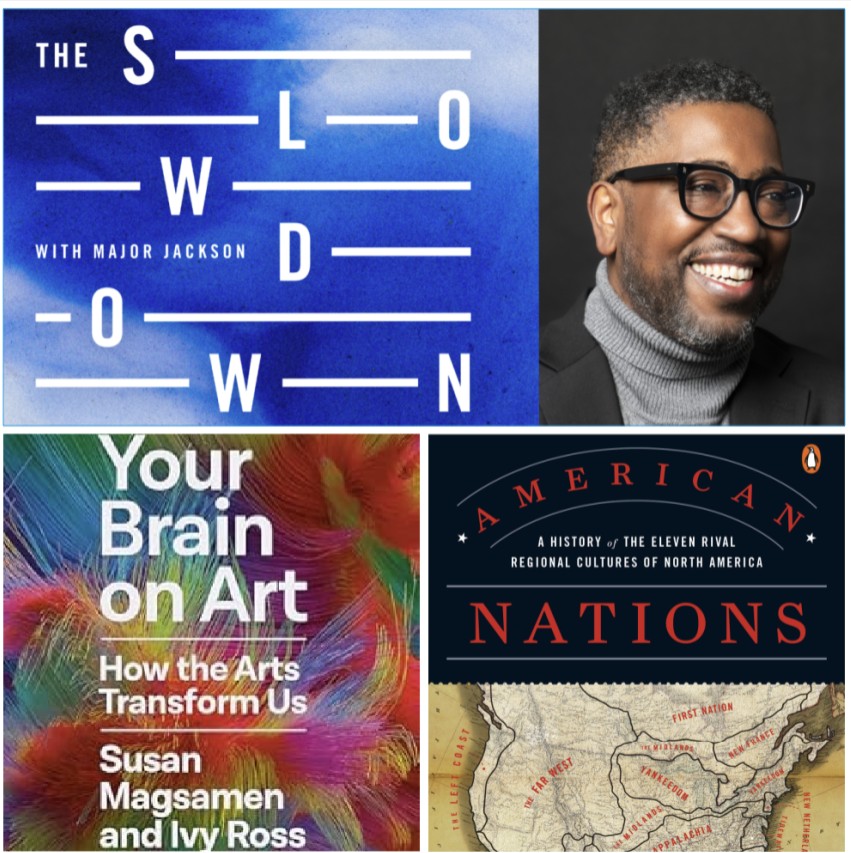
%20(1).jpeg)
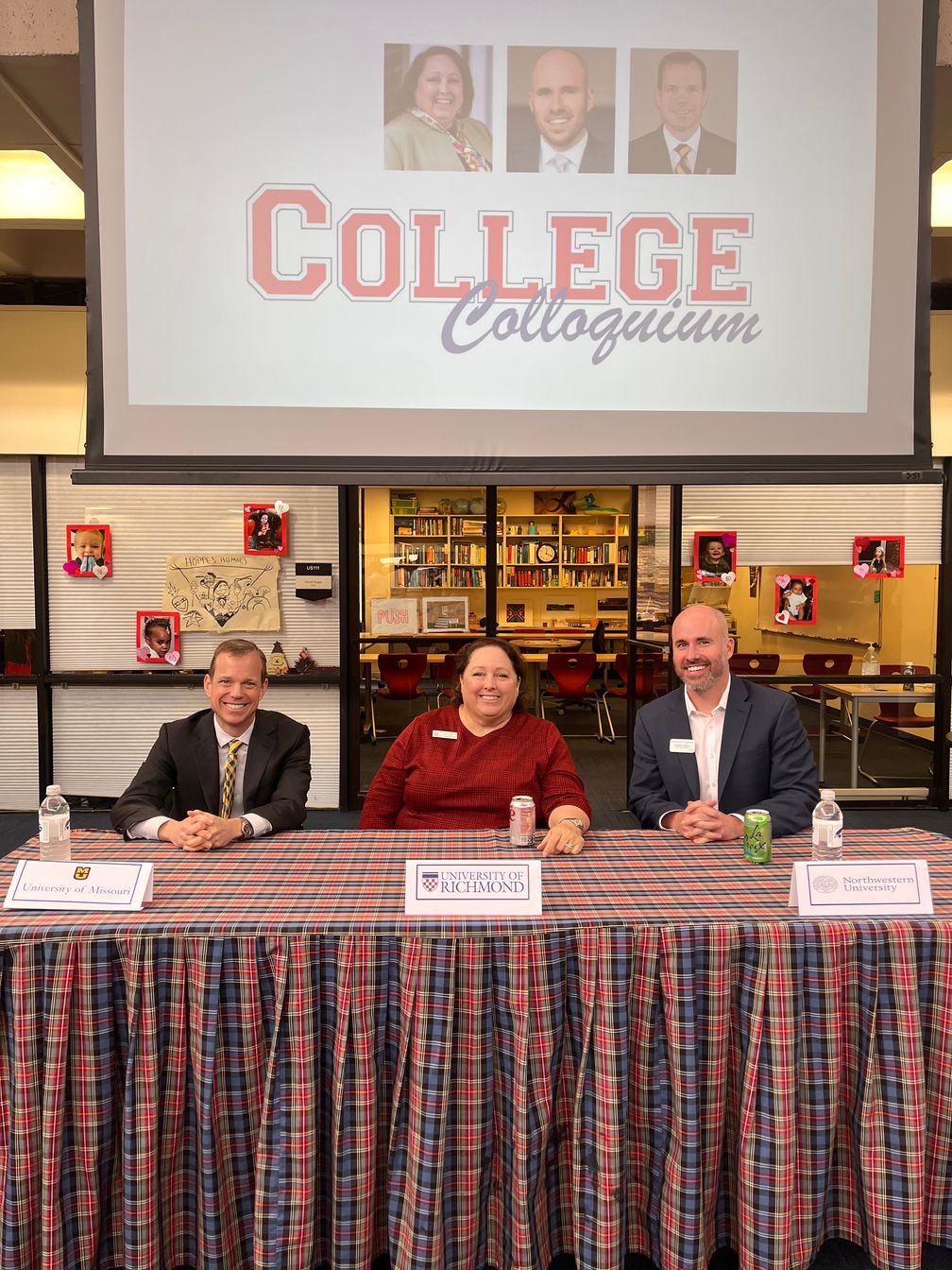
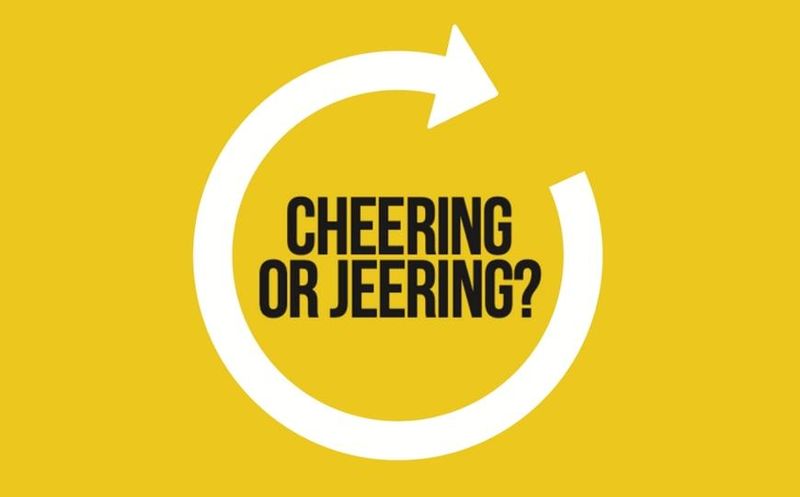

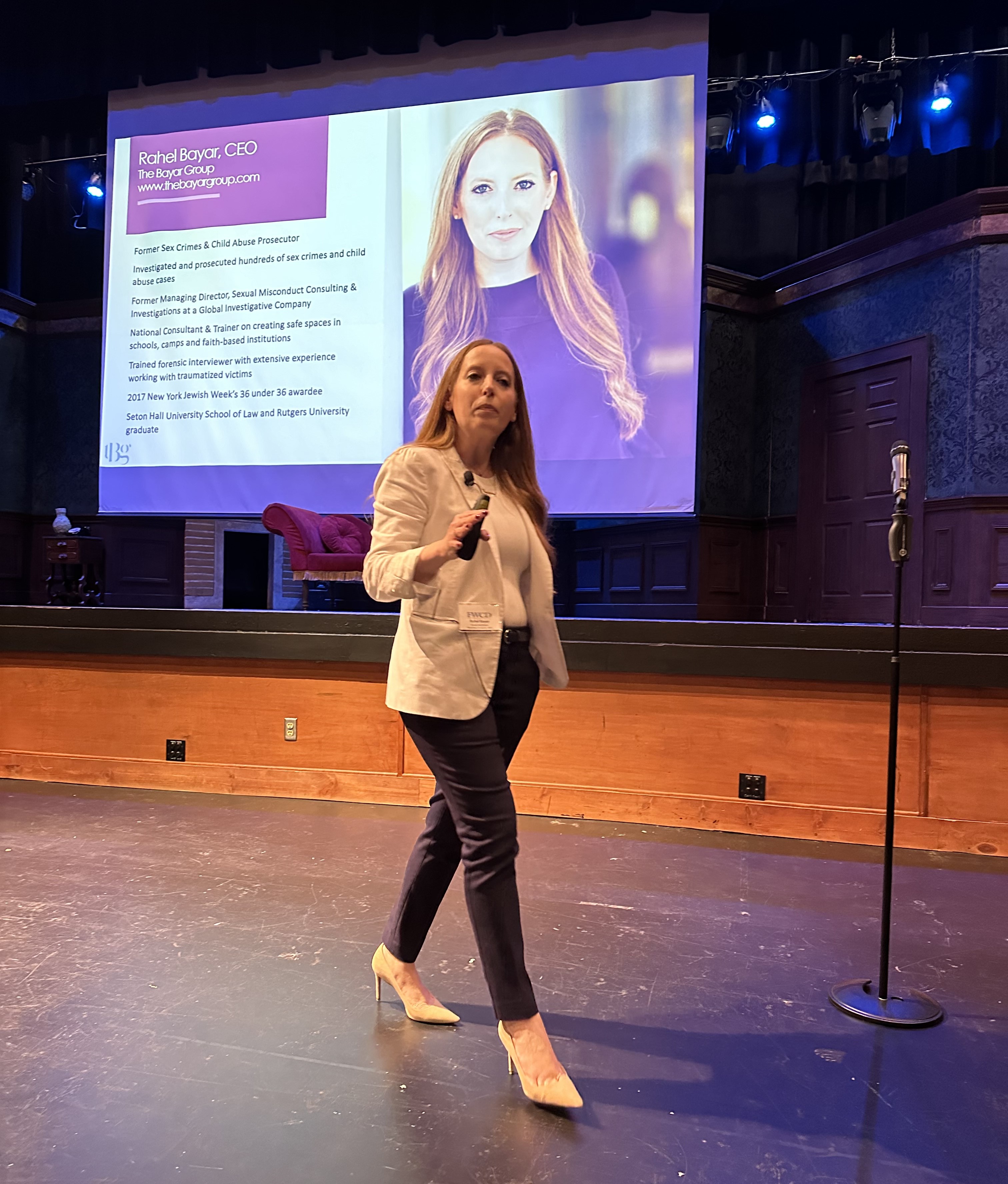


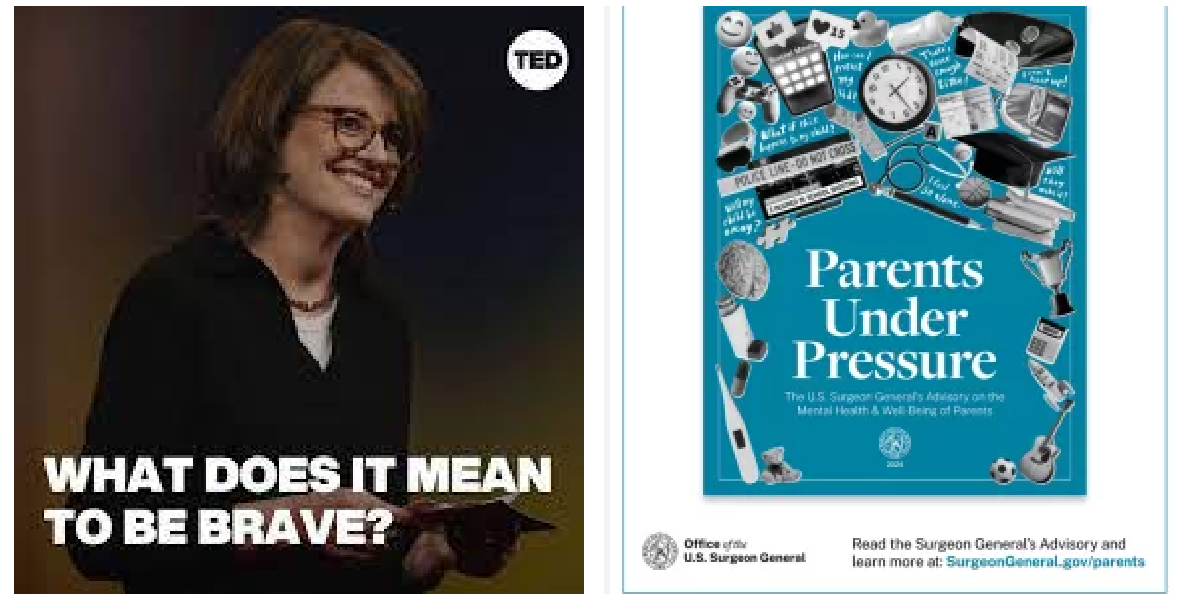

.png)
